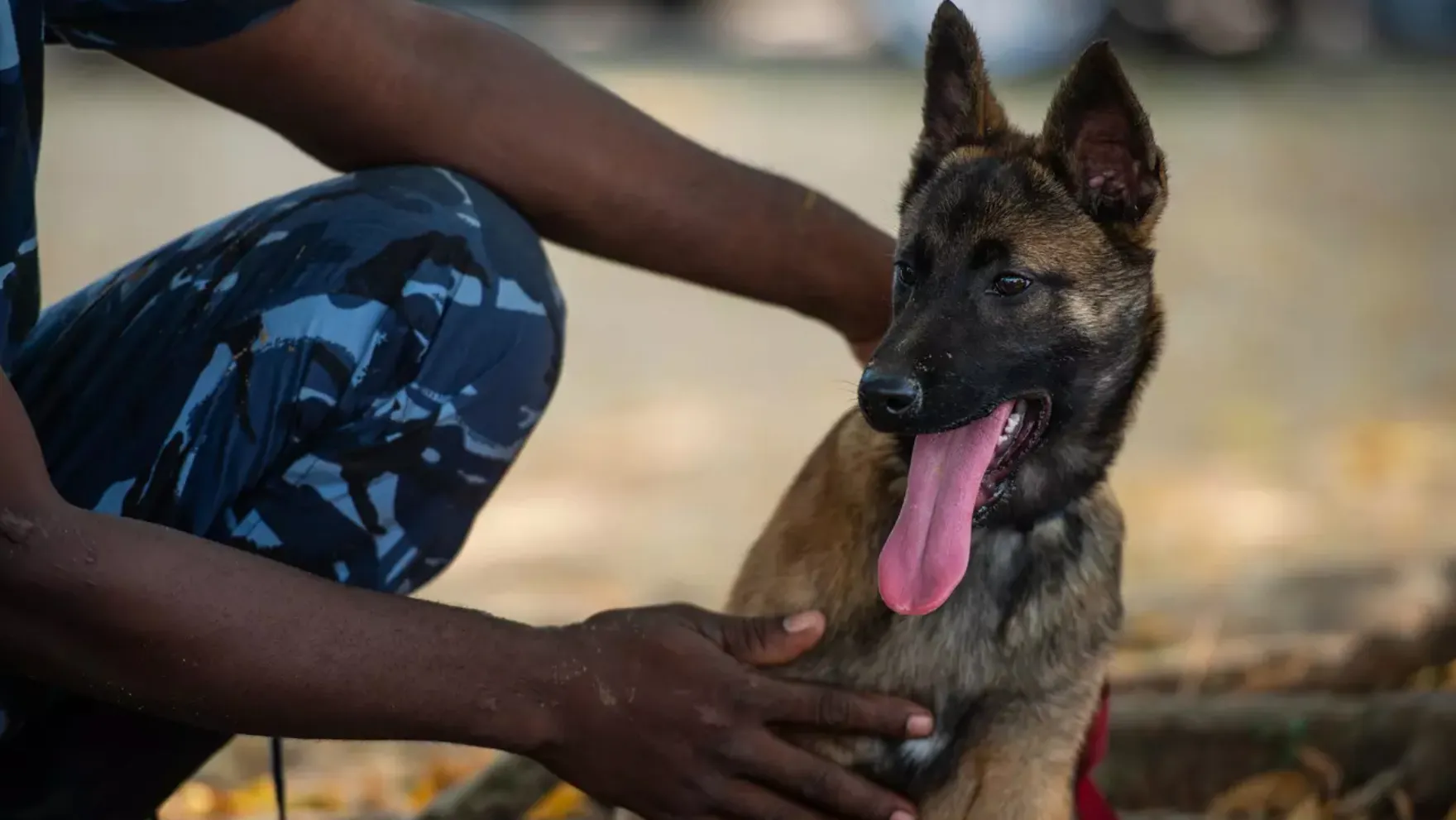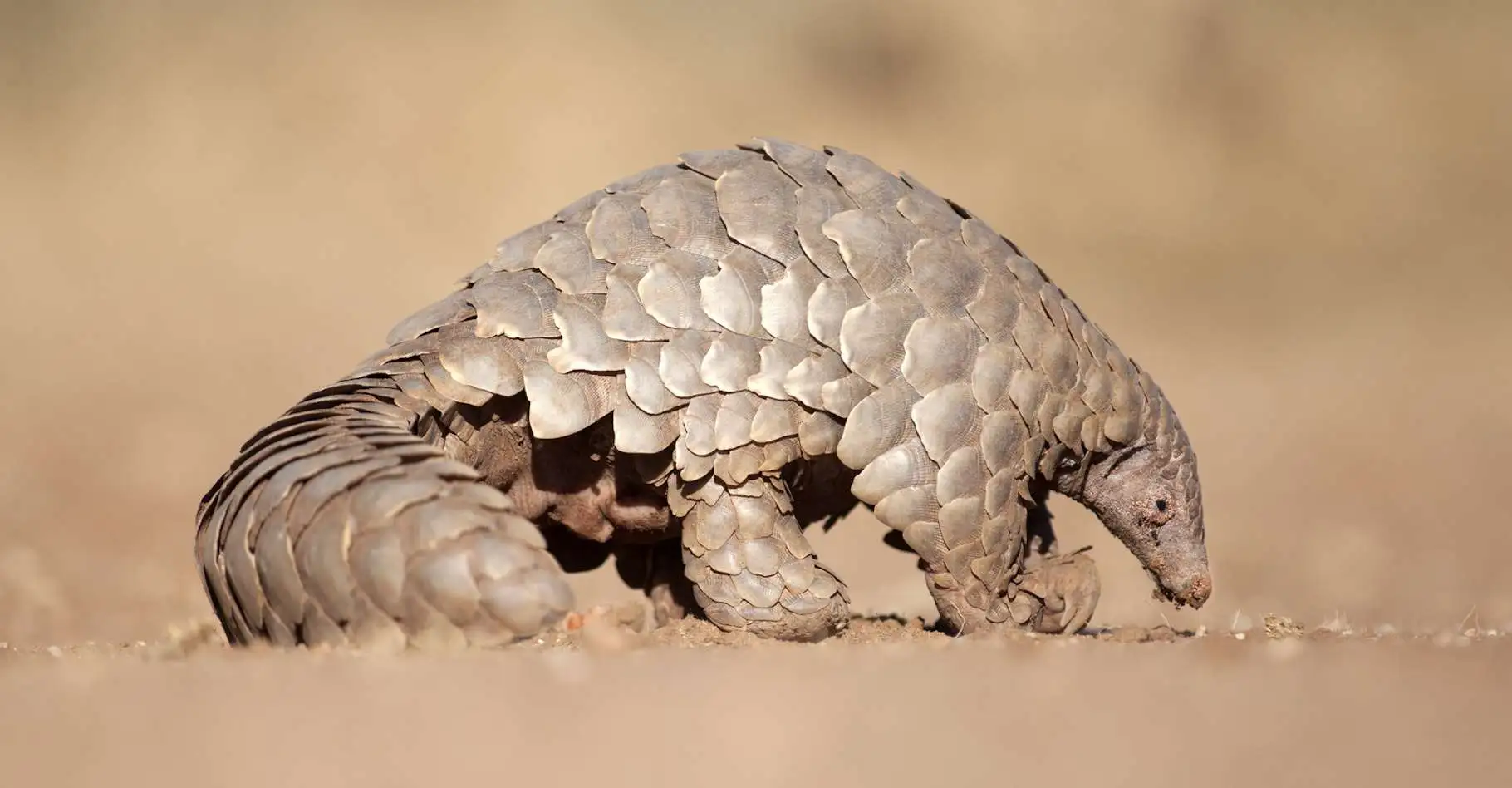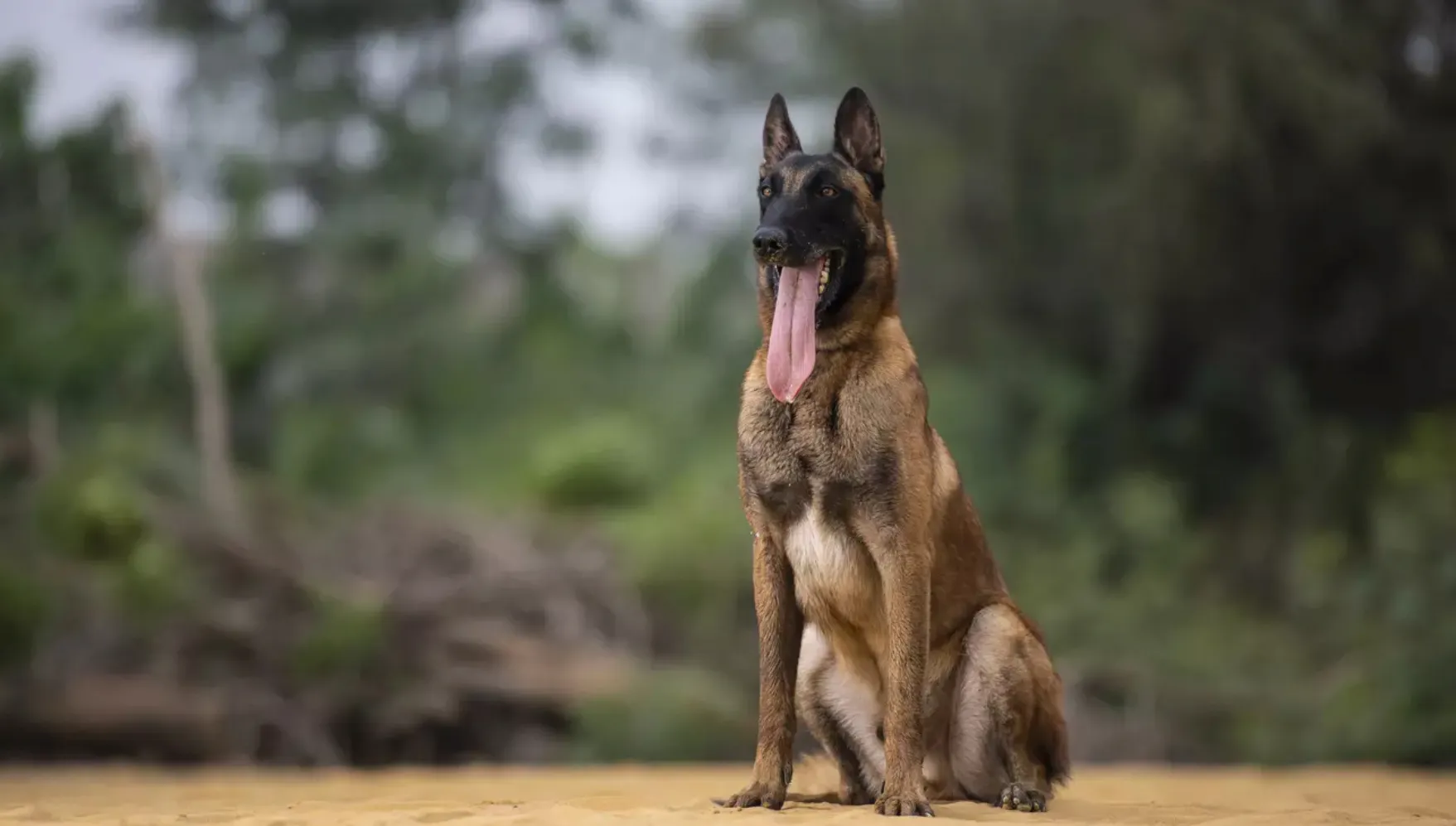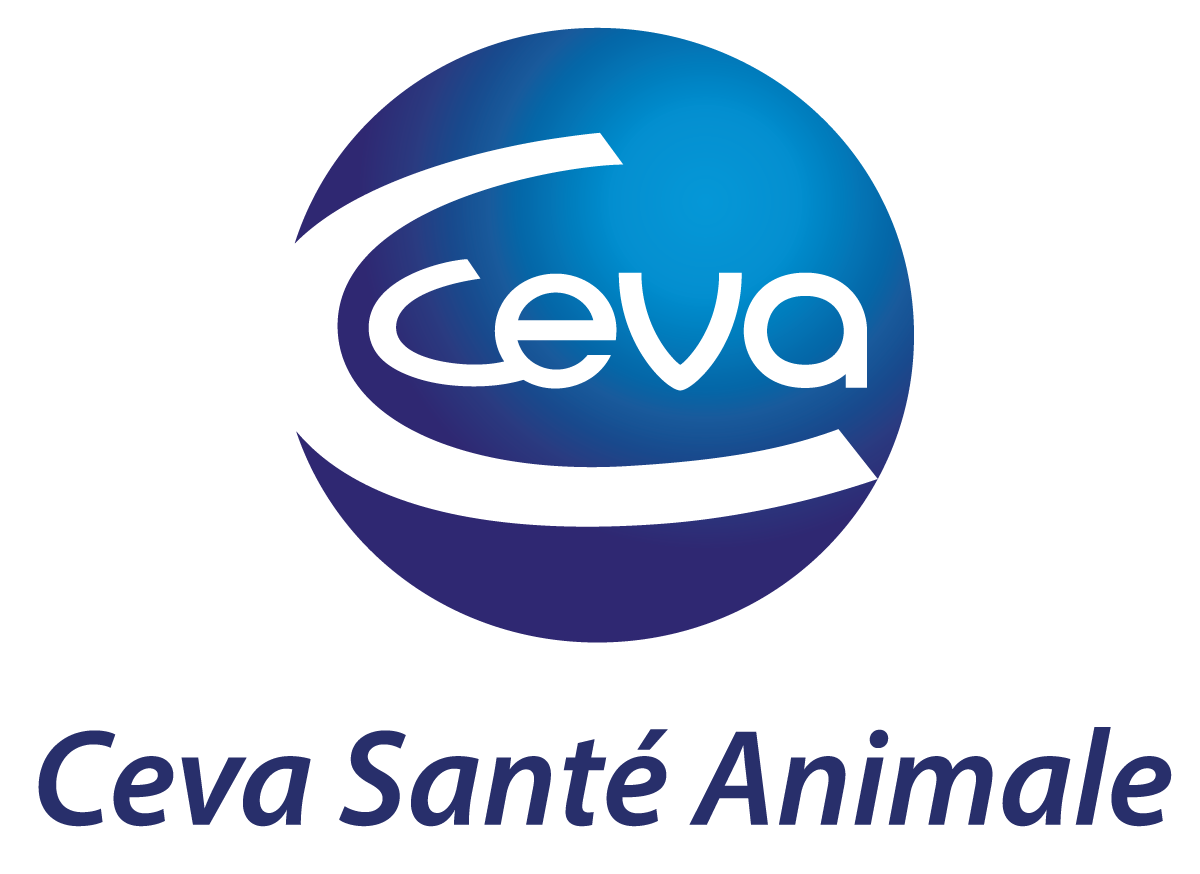Ceva helps ensure elite detection dogs remain healthy as they protect endangered wildlife in West Africa

Since 2018, the International Fund for Animal Welfare (IFAW) has been working with the government in Benin, West Africa to extend the mission of the ‘Cotonou canine brigade’.
While many of the dogs in the brigade are used to detecting drugs and explosives, now additional dogs are being trained to help tackle the illegal trade in endangered West African wildlife, especially by detecting smuggled elephant ivory and pangolin scales. Depending on the breed, a dog’s sense of smell is 10,000 to 100,000 times more powerful than that of humans.

IFAW’s Detection Dogs project in Benin addresses all aspects of the dogs’ health and welfare, as well as improving conditions for their handlers. The existing kennels and other facilities have been renovated, improved standards of dog care introduced, including proper nutrition and health care, and handler training programs resumed. A key objective was to change the way handlers saw their dogs – not simply as tools but as allies in the fight against wildlife trafficking.
Five of the intended eight dogs are already being trained. They came from either the local community or were relocated from French rescue shelters. Others will join them soon. When trained, the dogs and their handlers will be deployed at key trafficking points in Benin, such as air and seaports.
Benin, Burkina Faso and Niger are home to around 3,000 elephants – the last viable but also a highly threatened stronghold for this species in West Africa.

Pangolins are believed to be the world’s most trafficked mammal. Their scales have long been used in traditional Chinese medicine.
As Marie Varloud, Ceva’s technical manager for parasiticides in companion animals, explained Ceva have partnered with IFAW to help ensure the detection dogs remain healthy:

We are extremely proud to contribute to this great project where dogs and their human partners play a key role in protecting wildlife and biodiversity. These teams are doing an incredible job in a very challenging environment. The dogs are true athletes who deserve the very best veterinary care to protect their health and welfare. It’s always rewarding when we see our products and services contributing in this way.
Marie Varloud
Technical manager for parasiticides in companion animals

Yellow Boy is one of the dogs trained by IFAW to help detect smuggled wildlife. Photo: Julien Gerard/IFAW
